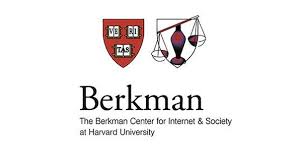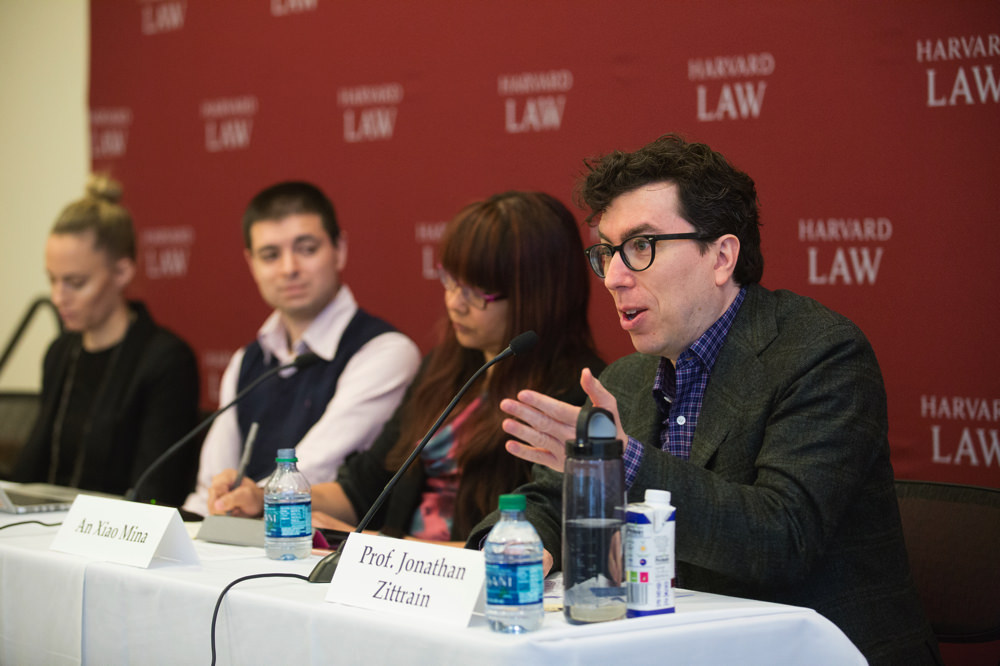

In a series of videos, Harvard and MIT affiliates offer context to the challenges and opportunities of AI.“I think at no other time in our history has the rule of law been so relevant to countries around the world, and in my field, intellectual property, rules and the certainty and the reliability of rules affect almost all spheres of life,” Okediji said.Īt the Berkman Klein Center, Okediji said she hopes to work on access to information and how Internet regulations impact people’s ways of life in developing countries, especially in Africa. Their voices reflect distinct and nuanced perspectives on a wide range of issues that intersect with AI. Working in partnership with the Fund, they will work to create an expanding global network of scholars, experts, advocates, and thinkers, whose scholarship, experimentation, energies, and impacts can be enhanced through new collaborative, interdisciplinary partnerships.Ī broad range of people from across the Harvard University and Berkman Klein Center communities have been actively working on issues of AI and related topic areas as part of their academic and professional work. Jonathan Zittrain, faculty director of the Berkman Klein Center and Professor at Harvard Law School, discusses the role regulators and oversight groups might play as AI becomes more and more woven into the fabric of society.Īs anchor institutions in the Fund, Berkman Klein and the Media Lab will take a lead in fostering research that applies the humanities, the social sciences, and other disciplines to the development of AI. The Berkman Klein Center and the MIT Media Lab work together to strengthen existing and form new interdisciplinary human networks and institutional collaborations, and serve as a collaborative platform where stakeholders working across disciplines, sectors, and geographies can meet, engage, learn, and share. To address this challenge, several foundations and funders announced this week the Ethics and Governance of Artificial Intelligence Fund, which will support interdisciplinary research to ensure that AI develops in a way that is ethical, accountable, and advances the public interest.

Because of this pervasive impact, it is imperative that AI research and development be shaped by a broad range of voices-not only by engineers and corporations-but also social scientists, ethicists, philosophers, faith leaders, economists, lawyers, and policymakers. FAQs about the Ethics and Governance of Artificial Intelligence Fund »Īrtificial intelligence and complex algorithms, fueled by the collection of big data and deep learning systems, are quickly changing how we live and work, from the news stories we see, to the loans for which we qualify, to the jobs we perform.


 0 kommentar(er)
0 kommentar(er)
